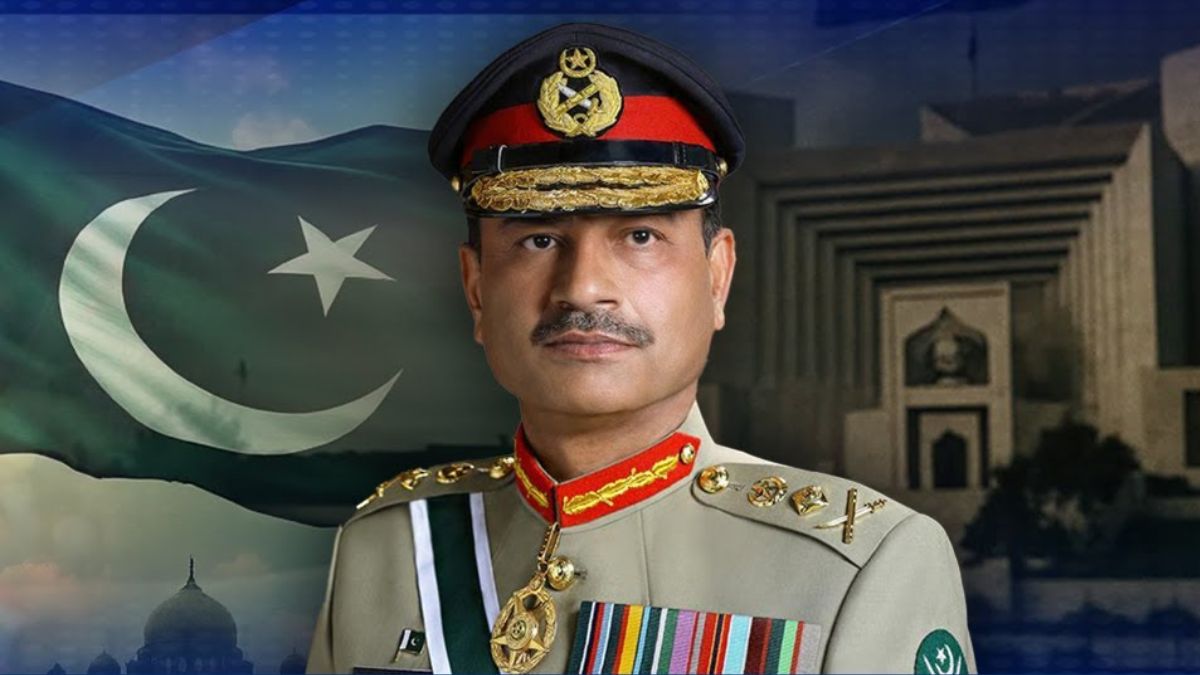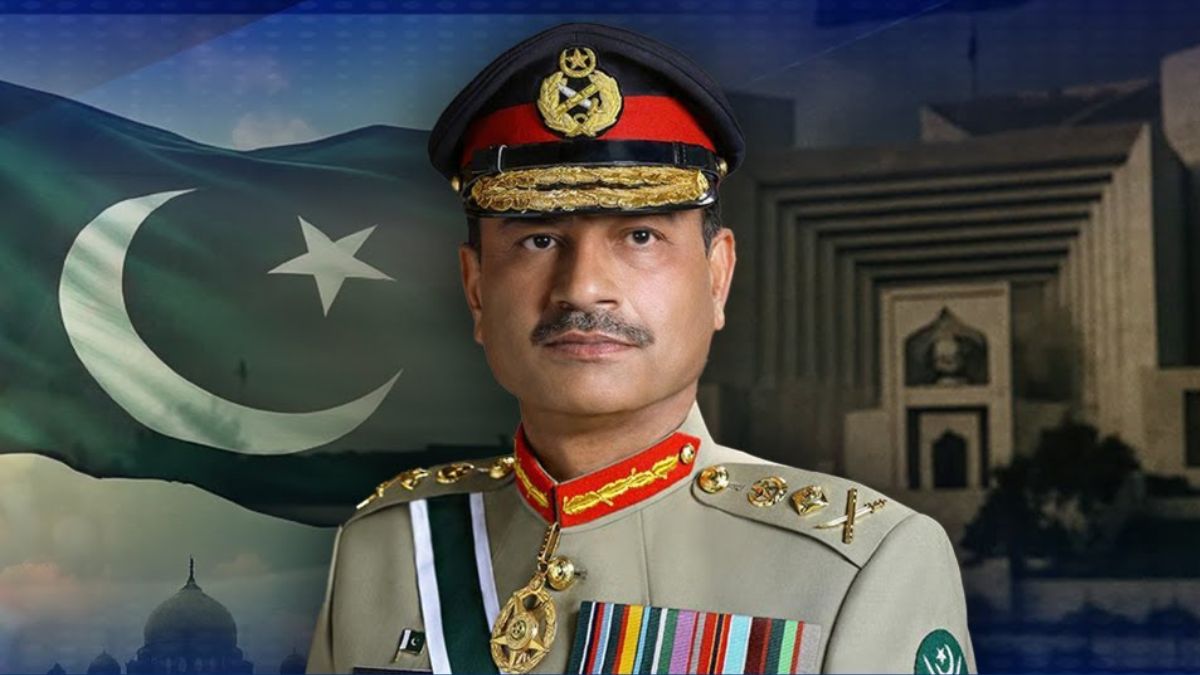The United Nations on Wednesday backtracked on the claim it had made that around 14,000 Gazan babies could die within the next 48 hours unless humanitarian aid reaches the coastal enclave. The proclamation was made by Tom Fletcher, the UN’s under-secretary-general for humanitarian affairs and emergency relief coordinator, during an interview with the BBC.
The remarks from the UN official garnered international attention, with former Israeli Prime Minister Ehud Olmert calling out the current Israeli regime. “There are five trucks just sitting on the other side of the border right now,” Fletcher said in the BBC interview on Tuesday.“ They have not reached the communities they need to reach. This is baby food, baby nutrition. There are 14,000 babies that will die in the next 48 hours unless we can reach them," he added.
When pressed by the British news outlet about how he came to this “extraordinary figure,” the UN official replied: “We’ve got strong teams on the ground; they are at the medical centres, the schools, trying to assess needs.”
UN backtracks
Soon after the interview stirred headlines, other UN officials elaborated on Fletcher’s statement and seemed to downplay the exact time frame of the dire consequences. The UN Office for the Coordination of Humanitarian Affairs (UNOCHA) later clarified its stance in a statement to the BBC.
“We are pointing to the imperative of getting supplies to save an estimated 14,000 babies suffering from severe acute malnutrition in Gaza, as the IPC [Integrated Food Security Phase Classification] partnership has warned about. We need to get the supplies in as soon as possible, ideally within the next 48 hours," the international body clarified.
It is pertinent to note that, according to the IPC report, there are 14,100 severe cases of acute malnutrition that could occur among children in Gaza aged 6 to 59 months. The time frame of these cases is stipulated to be April 2025 and March 2026. The report says that 14,000 children in Gaza can face malnutrition in one year, not in 48 hours.
Impact Shorts
View AllIn a separate news conference later on Tuesday, a UNOCHA spokesperson did not cite the 14,000 figure but rather said if babies who are “in urgent life-saving need of those supplements” do not get them, they will be “in mortal danger," The Jerusalem Post reported.
Israel removes the blockade
On May 18, the Israeli authorities announced that they would begin allowing humanitarian aid back into the Gaza Strip. The Jewish nation prevented aid from entering Gaza when the first phase of its ceasefire with Hamas ended on March 1.
Meanwhile, in the same interview with the BBC, Fletcher slammed Israel’s proposed humanitarian aid strategy, which involves moving Gazans to a “Hamas-free area” in the southern Gaza Strip to receive aid. The new strategy was a “dodgy modality,” he said, adding that the previous method of getting aid into Gaza “works perfectly well.”
“The international community is very clear with us that this is the only way to do it,” Fletcher explained. “To go with the other modality would be to support the objectives of the military offensive.” When asked if he would be handing over the aid to the new mechanism, Fletcher said: “We’ve got to get the aid in ourselves.”
Later on Tuesday, the United Nations confirmed that it had received permission from Israel for about 100 more aid trucks to enter Gaza. According to The Jerusalem Post, the Israel Defence Force (IDF) inspected 93 UN aid trucks, confirming that the humanitarian aid included flour for bakeries, food for babies, medical equipment, and pharmaceutical drugs.
The IDF declined to comment on the remarks made by the UN official and said that the issue was under the jurisdiction of the Coordinator of Government Activities in the Territories. However, Fletcher’s assertion garnered attention from former Israeli Prime Minister Ehud Olmert.
Olmert, who was Israel’s Prime Minister between 2006 and 2009, told the BBC that Israel’s current actions in Gaza are “very close to a war crime,” describing the Israel-Hamas war as one “without purpose.” “From every point of view, this is obnoxious and outrageous. We are fighting the killers of Hamas, we are not fighting innocent civilians. And that has to be clear,” Olmert told the British news outlet.


)
)
)
)
)
)
)
)
)



